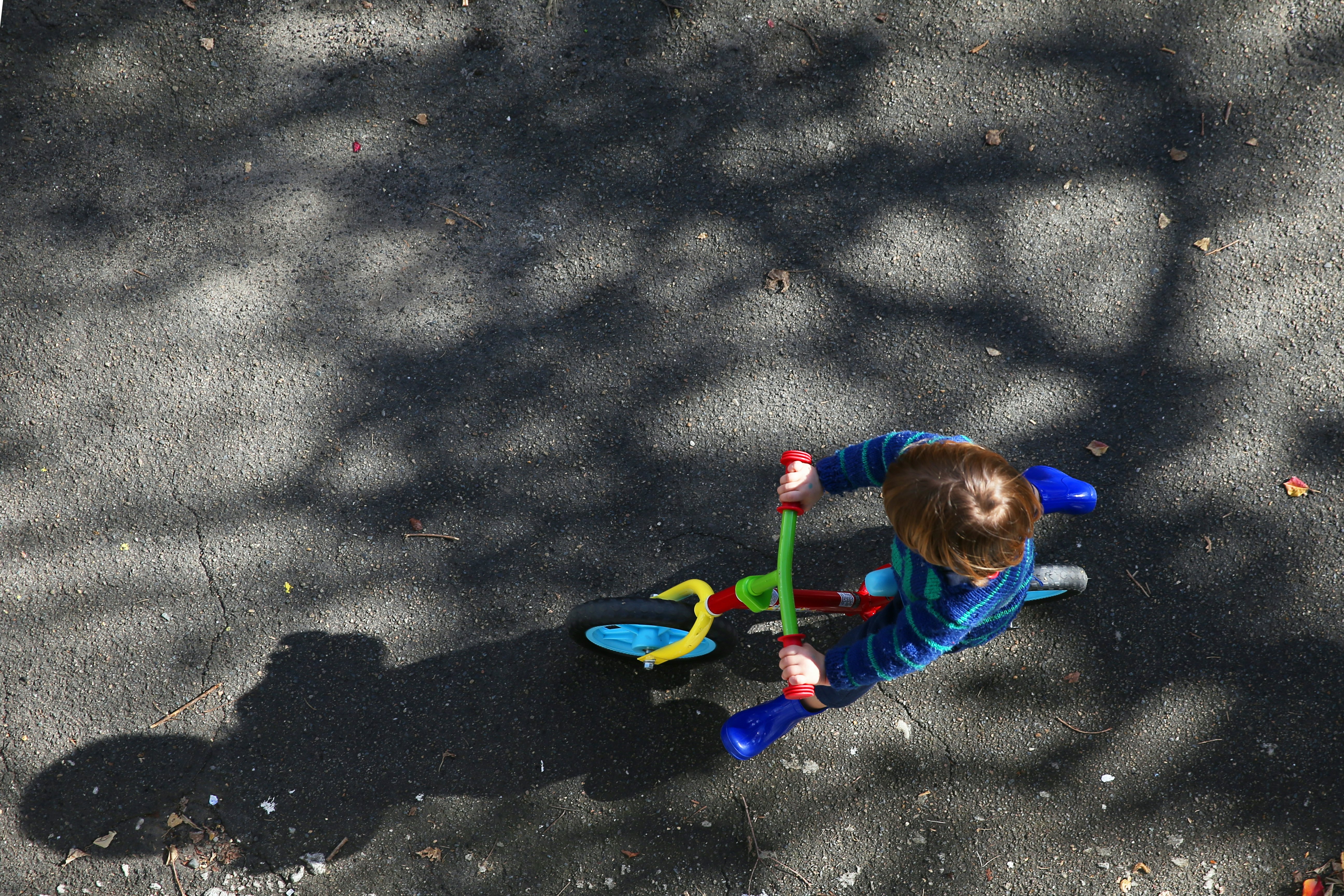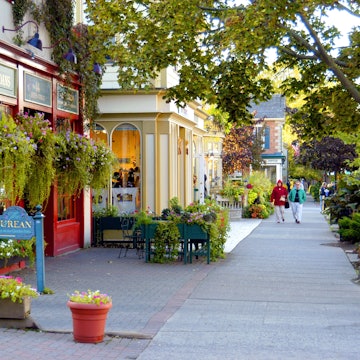
Adventures close to home: exploring the world on your doorstep
May 11, 2020 • 5 min read

At Lonely Planet we believe travel is a mindset and that it's important to explore the world just beyond your own doorstep. We’ve rounded up 10 ways your family can start exploring your local world together.
Camp in your own garden
If you’re lucky enough to have your own back yard then spending a night camping in it is a great way for kids to gain a new perspective on their world, all with the toilet and comfort of their own bed within striking distance. When kids are old enough, it’s also a nice way to start developing their independence. Listening to the sounds of the night through canvas introduces them to the natural world and there’s hours of den-making fun to be had within the four walls of the tent.
Get up and out of the house at dawn
If you’re having a go at camping in your garden, chances are it will be relatively easy to add this idea to the agenda. Has anyone ever managed a lie-in when they are camping? Taking a local walk at dawn is a lovely way to get to know your neighbourhood. There is a calm to the world as it is just waking up, and you might be surprised to learn who or what (this is the perfect time for wildlife spotting) is out and about when you are usually still slumbering. If the weather is good make sure you have your camera – as every amateur photographer knows, this is one of the best times of day to take pictures.

Look to the skies
Star-gazing might not be an immediate choice of activity for children with limited patience and tolerance for the cold, but if you have plenty of blankets, a flask of hot chocolate and binoculars or a telescope, then you’re set for an adventure the kids will remember. If you live somewhere warm, even better. Your garden or local park can be a good way to start, or find your nearest dark sky site. If you live near a flight path, your skies can become an education on air travel itself with apps like FlightRadar24 and FlightStats, which tell you where the planes you can see are travelling to and from.
Read more: Aurora-spotting and stargazing in England, Scotland and Wales
Take out a sketchbook
Give everyone (including yourself) their own sketchbook and pencils, grab a picnic rug and head out to a park or up a hill or another local landmark. Whether you are capturing a bucolic landscape or a busy cityscape, you’ll end up with your family’s interpretation of your local area and a lovely piece of artwork to treasure. It doesn’t matter if you don’t consider yourselves to be creative: this is your interpretation and yours alone. And who knows, it may awaken someone’s latent artistic side.
Read more: The best board games for travel lovers

Go geocaching
This is basically a tech-powered treasure hunt which you can get involved in all over the world. Using the app or a GPS device, you hunt for ‘caches’ – usually a small and well-hidden object of no value – using GPS navigational data. It is loved by kids and adults alike, and can turn a boring walk into an exciting challenge. It’s the perfect way to take a fresh approach to exploring your local area: you will find things you never previously noticed. Learn more at Geocaching.com.
Talk to a neighbour
All the usual rules apply in terms of keeping your children safe, but setting up a situation where your children can talk to and learn from other locals is an educational opportunity. Not only will they learn about people different to themselves and get their insights into your neighbourhood, you are teaching them how to safely forge bonds within their local community. And getting them to write up the interview in the style of a magazine or blog could be a fun ongoing project.

Go investigating
Take a local name (whether it is your house, street, village or a landmark) and see what you can find out about it using the internet, or perhaps a local library or museum. The study of names is a brilliant way to understand more about a place. At the very least you can introduce your kids to new words like etymology and its specific place name cousin, toponymy (yup, that was a new one on us too).
Watch wildlife
Even the most urban of locations will reveal plenty of our furry, feathered or possibly even fishy friends if you sit and watch for long enough. With kids that’s possibly not going to be a huge length of time so identifying a good location is key, as is preparing them for what you are going to do. Take a pad to record what you see, or that sketchbook again to keep them busy. Introducing a bird feeder to your garden can be a good way to bring more wildlife to your doorstep.

Read more: House plants that will remind you of gardens around the world
Let the kids make the plans
Lastly, if you really want to explore your neighbourhood from a different perspective then it’s time to let your kids make the plans. Set a reasonable budget, provide safety parameters and time limits – and let them loose. Not only are you helping to build their independence in terms of researching, decision-making and taking responsibility, but you may find their ideas refreshing and fun – and at the very least it’s not a bad thing to relinquish control once in a while.
Lonely Planet Kids’ Backyard Explorer has more creative ideas for having fun on your own doorstep.
Subscribe to our Lonely Planet Kids newsletter and get 30% off your first Lonely Planet Kids book purchase.













